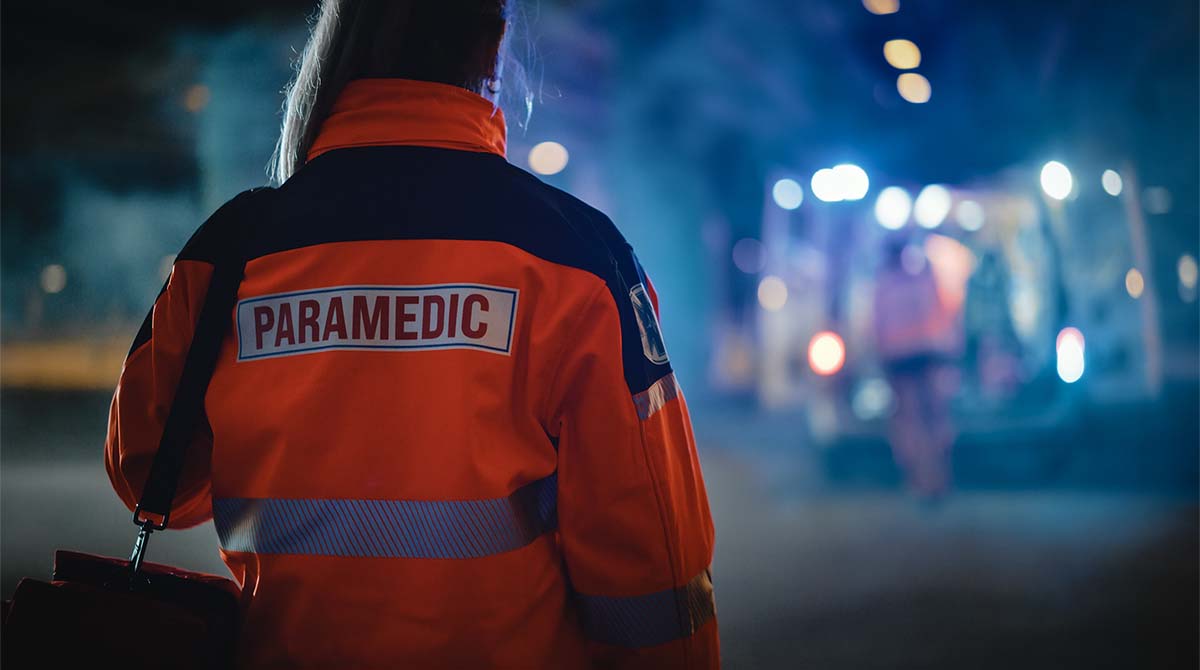3 min read
Hurricane Season Readiness: 10 Essential Steps for First Responders
The 2025 hurricane season has arrived, and emergency professionals are watching the forecasts closely. The National Oceanic and Atmospheric Administration (NOAA) predicts an above-normal Atlantic...
